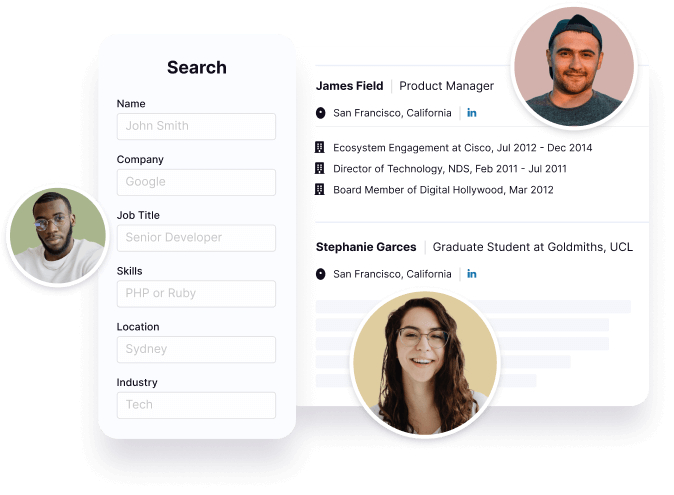Ali Hussain's Email & Phone Number
Founder | Investor | Advisor
Ali Hussain Email Addresses
Ali Hussain Phone Numbers
Ali Hussain's Work Experience

Vixul
Co-Founder
March 2022 to Present


Flux7 Labs
CTO and Co-founder
April 2013 to December 2019

ARM Inc
Modeling and Performance Engineer at ARM
September 2008 to April 2013


Intel
Performance Modeling in Intel Atom Team
May 2007 to December 2007
Show more
Show less
Ali Hussain's Education
University of Illinois at Urbana-Champaign
The University of Texas at Austin
Government College University, Lahore
Show more
Show less
Frequently Asked Questions about Ali Hussain
What company does Ali Hussain work for?
Ali Hussain works for Vixul
What is Ali Hussain's role at Vixul?
Ali Hussain is Co-Founder
What is Ali Hussain's personal email address?
Ali Hussain's personal email address is a****[email protected]
What is Ali Hussain's business email address?
Ali Hussain's business email address is a*****@flux7.com
What is Ali Hussain's Phone Number?
Ali Hussain's phone (214) ***-*146
What industry does Ali Hussain work in?
Ali Hussain works in the Information Technology & Services industry.
Ali Hussain's Professional Skills Radar Chart
Based on our findings, Ali Hussain is ...
What's on Ali Hussain's mind?
Based on our findings, Ali Hussain is ...
Ali Hussain's Estimated Salary Range
Ali Hussain Email Addresses
Ali Hussain Phone Numbers
Find emails and phone numbers for 300M professionals.
Search by name, job titles, seniority, skills, location, company name, industry, company size, revenue, and other 20+ data points to reach the right people you need. Get triple-verified contact details in one-click.In a nutshell
Ali Hussain's Ranking
Ranked #717 out of 14,344 for Co-Founder in Texas
Ali Hussain's Personality Type
Introversion (I), Sensing (S), Thinking (T), Perceiving (P)
Average Tenure
2 year(s), 0 month(s)
Ali Hussain's Willingness to Change Jobs
Unlikely
Likely
Open to opportunity?
There's 70% chance that Ali Hussain is seeking for new opportunities











Ali Hussain's Social Media Links
/in/aliasgharhussain /school/university-of-illinois-at-urbana-champaign/ /company/ntt-data-americas